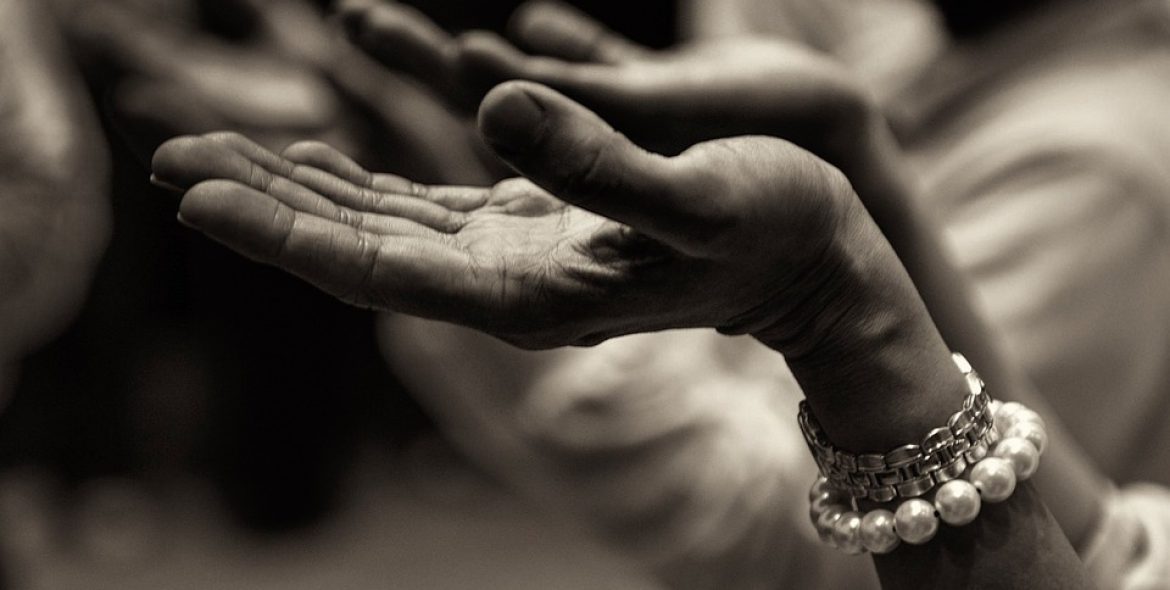John Langlois
This year we look back on twenty years since we set up the International Day of Prayer for the Persecuted Church. We set up IDOP because there was a great need of prayer for the increasing persecution being suffered at the time by our brothers and sisters in Christ. Now is a good time to look back to consider what has been achieved. The fact is that persecution is far worse now than it was twenty years ago. From a human perspective we have achieved nothing. Hasn’t God heard the millions of prayers we have offered to Him, let alone answered them?
From God’s perspective it looks very different. In spite of (and perhaps because of) the persecution that has been suffered the Kingdom of God has advanced in ways we could not have imagined twenty years ago. At that time the Islamic Revolution in Iran was ravaging the church. Bishop Haik and others had been murdered for their faith. There were about 500 Iranians from a Muslim background in the country. It was depressing, but still the Christians continued witnessing. Today there are at least 100,000 Muslims in Iran who have come to faith in Christ. The Iranian government has admitted that there are too many to jail (read “Too Many to Jail, the Story of Iran’s New Christians” by Mark Bradley). The same is true of other countries too.
So why the difference between the human and the divine perspective? The Bible gives the answer. Paul wrote to Timothy “All who live godly in Christ Jesus will suffer persecution” (2 Tim. 3:12). Not “some” but “all”. Persecution is the norm for Christians who are witnessing and living exemplary lives. The persecuted are not “them” but “us”. If we are faithful witnesses the Kingdom of God will expand into Satan’s territory and he will persecute us until we stop. All of us. In the West Christians are being persecuted for being faithful to the exclusiveness of marriage between a man and a woman. In this week of prayer let us all pray for the whole family of God all over the world. We all face different forms of persecution, but it is all from the same evil prince of this world.
“In our prayers we almost exclusively pray for our brothers and sisters in Christ who are being persecuted. That is good, but when He was on earth Jesus expressly exhorted us to “Love your enemies and pray for those who persecute you”: Mat 5:44. When he was being stoned the first martyr, Stephen, did just that. He fell on his knees and cried out, “Lord, do not hold this sin against them”: Acts 7:60. Stephen was following the example of Jesus who said at his crucifixion “Father, forgive them, for they do not know what they are doing.” Luke 23:24. Stephen’s prayer was heard by a young men who was standing by looking after the coats of those doing the stoning (Acts 7:58). That man was Saul, who became the most notorious prosecutor of all. Stephen would probably have had no idea that his prayer would result in the conversion on the Damascus road of a persecutor who God would use to spread his gospel. It is recorded that in 1536 William Tyndale’s final words spoken “at the stake with a fervent zeal, and a loud voice”, were “Lord! Open the King of England’s eyes.” Two years later King Henry VIII’s eyes were opened and he ordered that a copy of Tyndale’s Bible be placed in every parish church in England. We should not ignore what Jesus told us to do, we need to pray for our persecutors that God will open their eyes.”
Some of us in the West can be complacent when we hear of the persecution of our Christian brothers and sisters elsewhere in the world. We should remind ourselves that our present freedoms have been won at huge cost and we and our ancestors have not always had clean hands. This was brought home to be forcibly some weeks ago when I read the story of Denis Le Vair, a resident of Geneva, from where he travelled to France and the Channel Islands (where I live) to distribute Bibles. In 1554 he fled the islands to go back to Geneva. He was caught carrying Bibles and arrested by the king’s delegate, John Langlois, a namesake of mine, and was burnt at the stake on 9 August 1554. It caused me to think very deeply.
We honour all those who have suffered in the past twenty years. Our prayers continue to be with you. May God give you the daily strength to be faithful to Him – faithful even until death and God will reward you with a crown of life (Rev. 2:10).
John Langlois is the Chairman of the Religious Liberty Commission of the World Evangelical Alliance.


